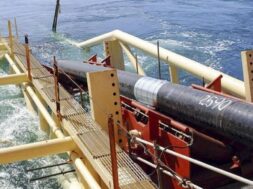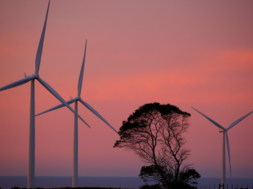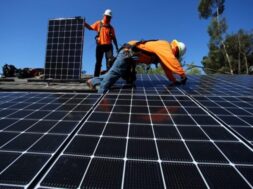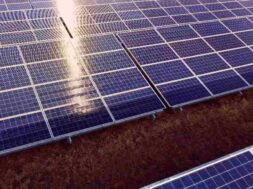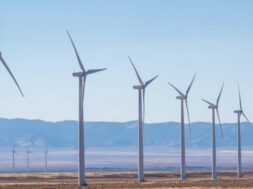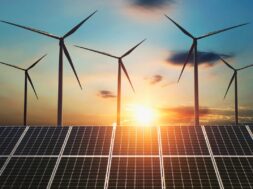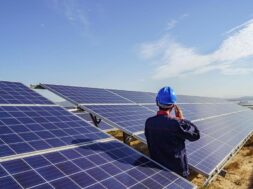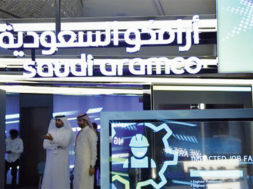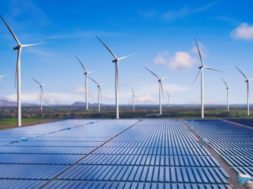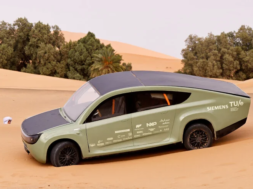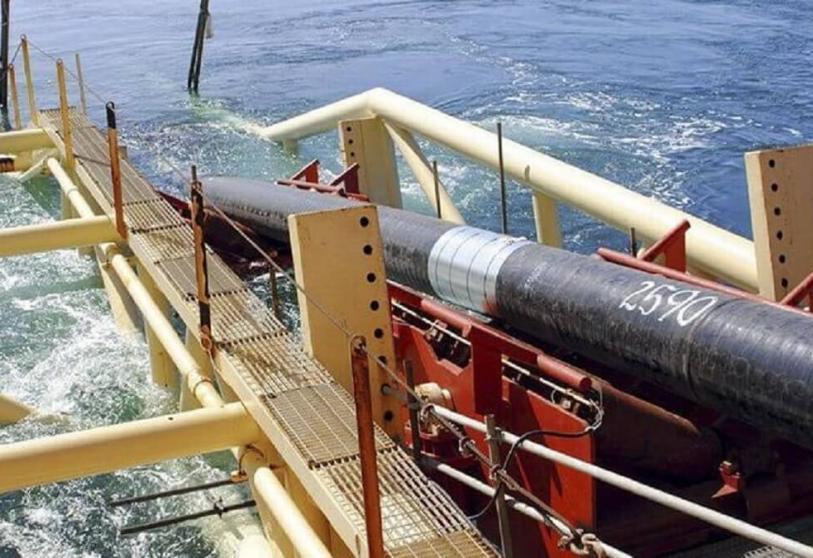
The world’s largest electricity cable will connect the North African country with the British zone, with the financial participation of the Emirates
Morocco will provide seven million Britons with electricity thanks to the export of solar and wind energy through a 3,800-kilometre power cable that will cross the Atlantic Ocean.
Abu Dhabi National Energy Company PJSC (TAQA) and Octopus Energy are to fund the £30 million cost of building the world’s longest high-voltage direct current (HVDC) submarine cable between the UK and Morocco. The Xlinks scheme will generate 3.6 GW of electricity from renewable energy and could supply seven million UK homes by 2030.
The electricity will be produced in the southwest of the North African country, in the Guelmim Oued Noun region by a 10.5 GW installation of solar and wind farms, supported by 20 GWh/5 GWh to be stored in batteries. The facility will be connected to the UK grid in Devon, South West England, via four subsea HVDC cables.
Morocco relies mainly on fossil fuels to meet its domestic energy demand. Fossil fuels account for about 68% of Morocco’s installed capacity. The remaining 32% comes from renewable energy resources; mainly hydro, wind and solar. Although Morocco produces some oil and natural gas for domestic consumption, it has to import most of its fossil fuel needs.
The UK wants to achieve zero emissions by 2050 and is therefore investing in energy and breaking records in green energy production. In November 2022, more than 20 GW of electricity was produced by wind for the first time, representing more than 70% of the electricity generated that day. Since then, this record has continued to be broken, with 30 December delivering the highest generation to date of 20.918 GW. Due to the country’s weather conditions, they have to export solar power in order to meet their targets as solar currently only accounts for 4.4% of renewable energy in the country. Britain’s carbon-free energy has grown from less than 20% in 2010 to more than 50% by the end of 2022.
Morocco, for its part, has a target of 52% of the energy produced in the country coming from renewable energy by 2030. Despite the inauguration of several solar plants such as the Noor II solar plant, which produce hundreds of megawatts, for the time being the country remains dependent on oil, natural gas and coal. Likewise, the country seeks to meet its growing energy demand with fewer imports by tapping its vast renewable energy potential and to reduce energy consumption by 20% by 2030.
In addition, to avoid all possible obstacles to clean energy generation and its export to Europe, Morocco signed a memorandum of understanding (MoU) with France, Germany, Portugal and Spain in 2022 to integrate their green electricity markets for climate change mitigation. This is intended to remove unjustified barriers to cross-border renewable corporate power purchase agreements (CPPAs) between the signatories.
Morocco is working to converge its legislation and regulation with the EU acquis, develop a renewable energy certification system that is recognised by the EU, and propose legislative amendments to support the development of cross-border CPPAs between the five countries.
The Alawi kingdom is becoming a solar energy powerhouse capable of exporting its clean energy to European countries.
